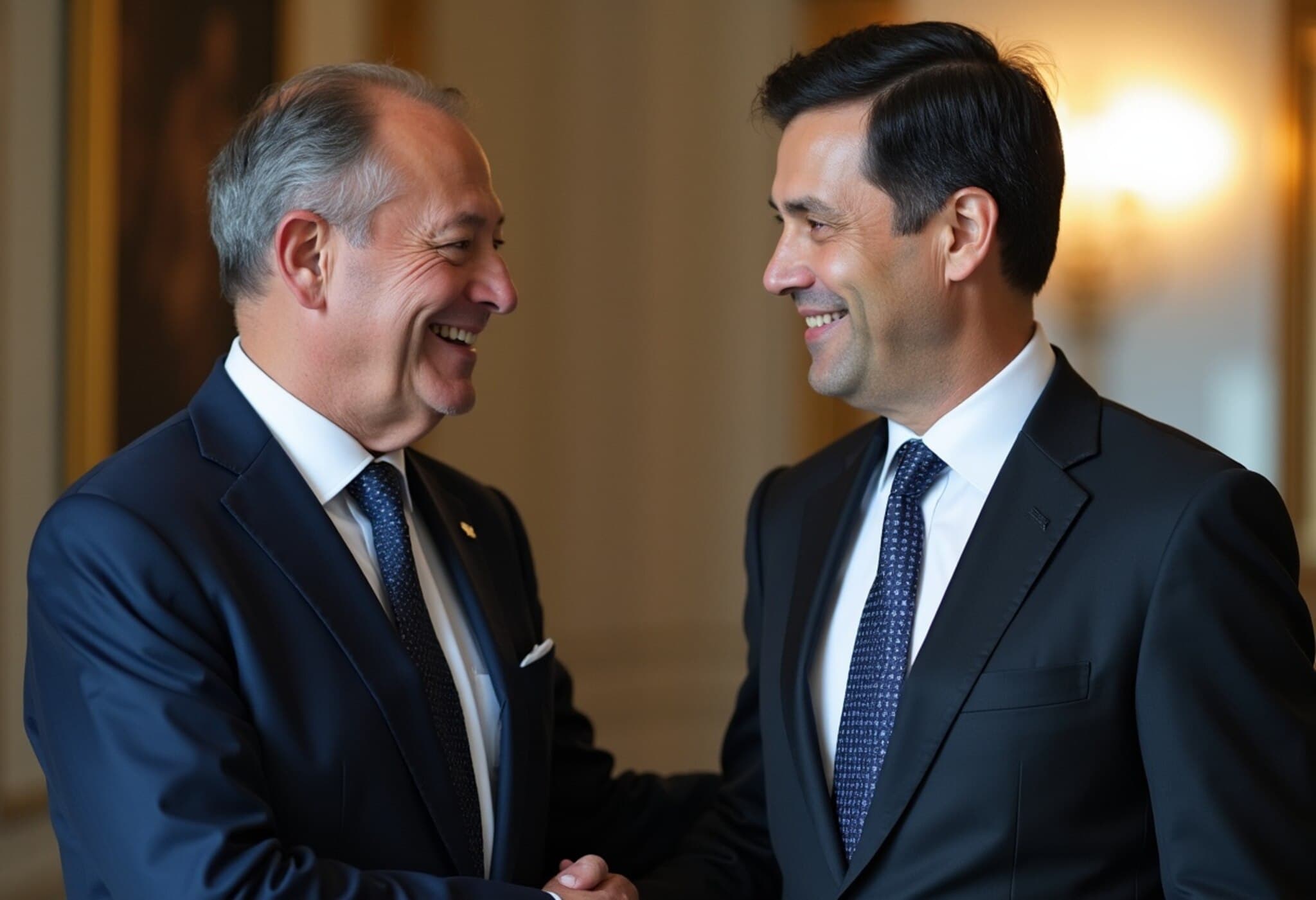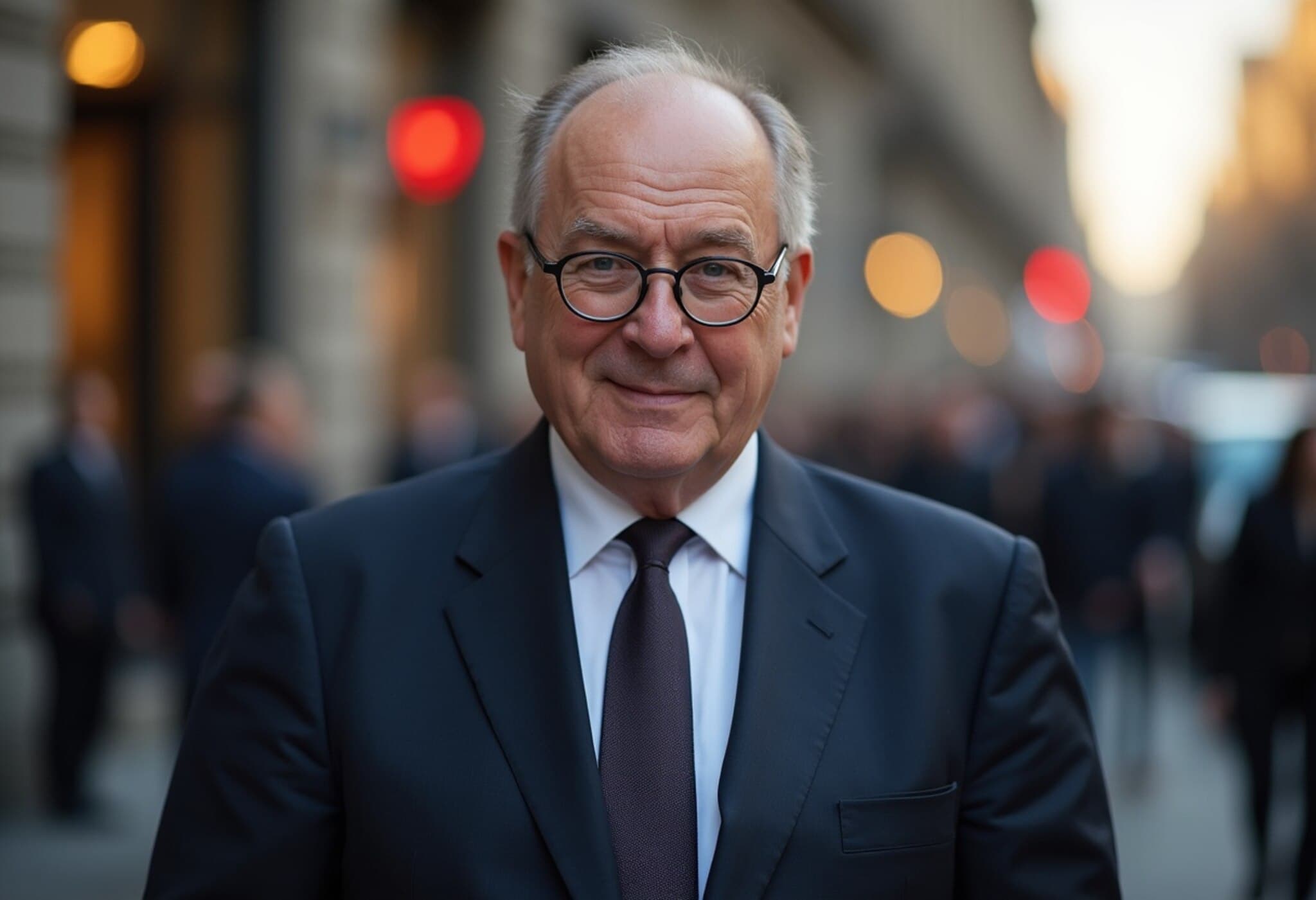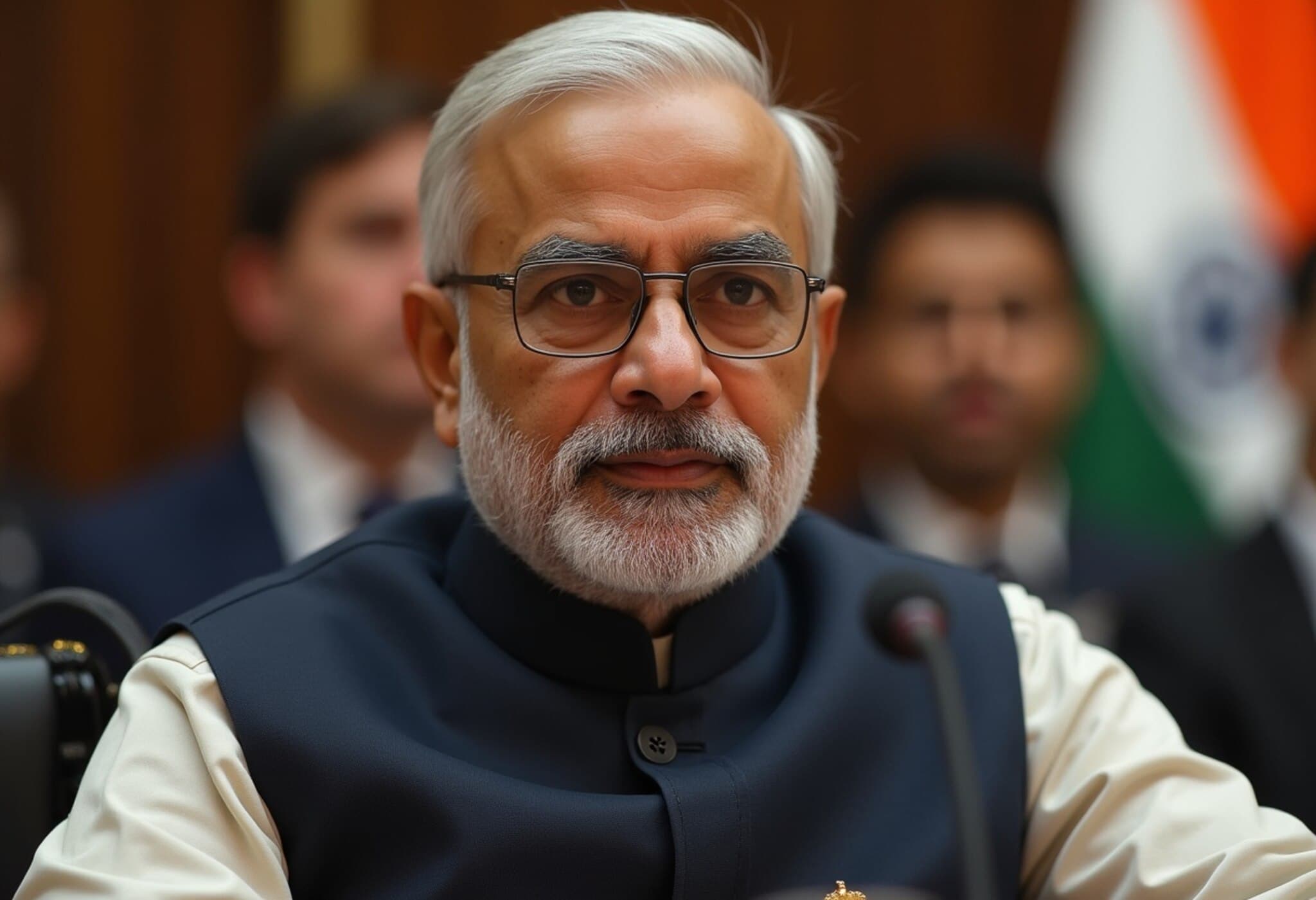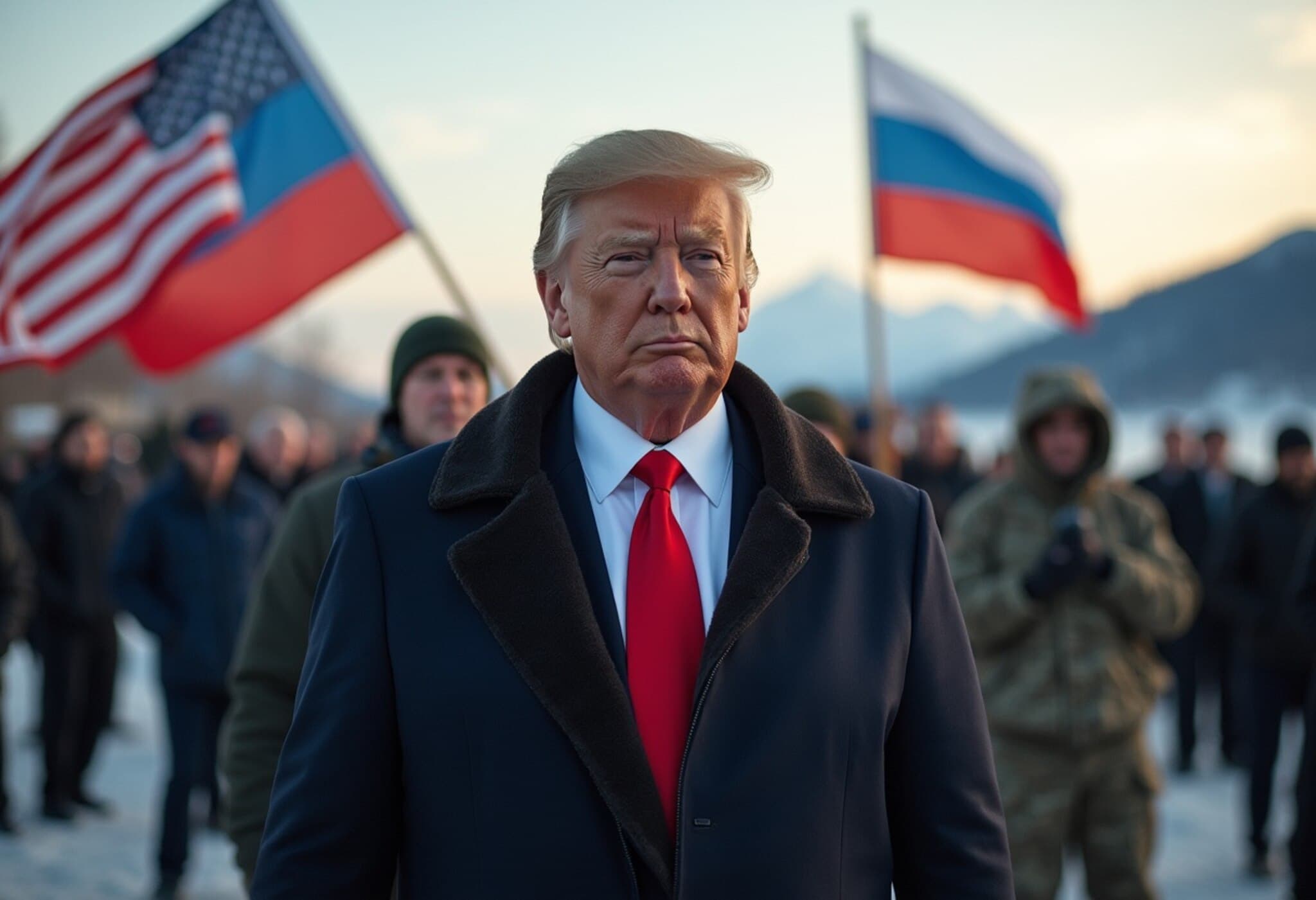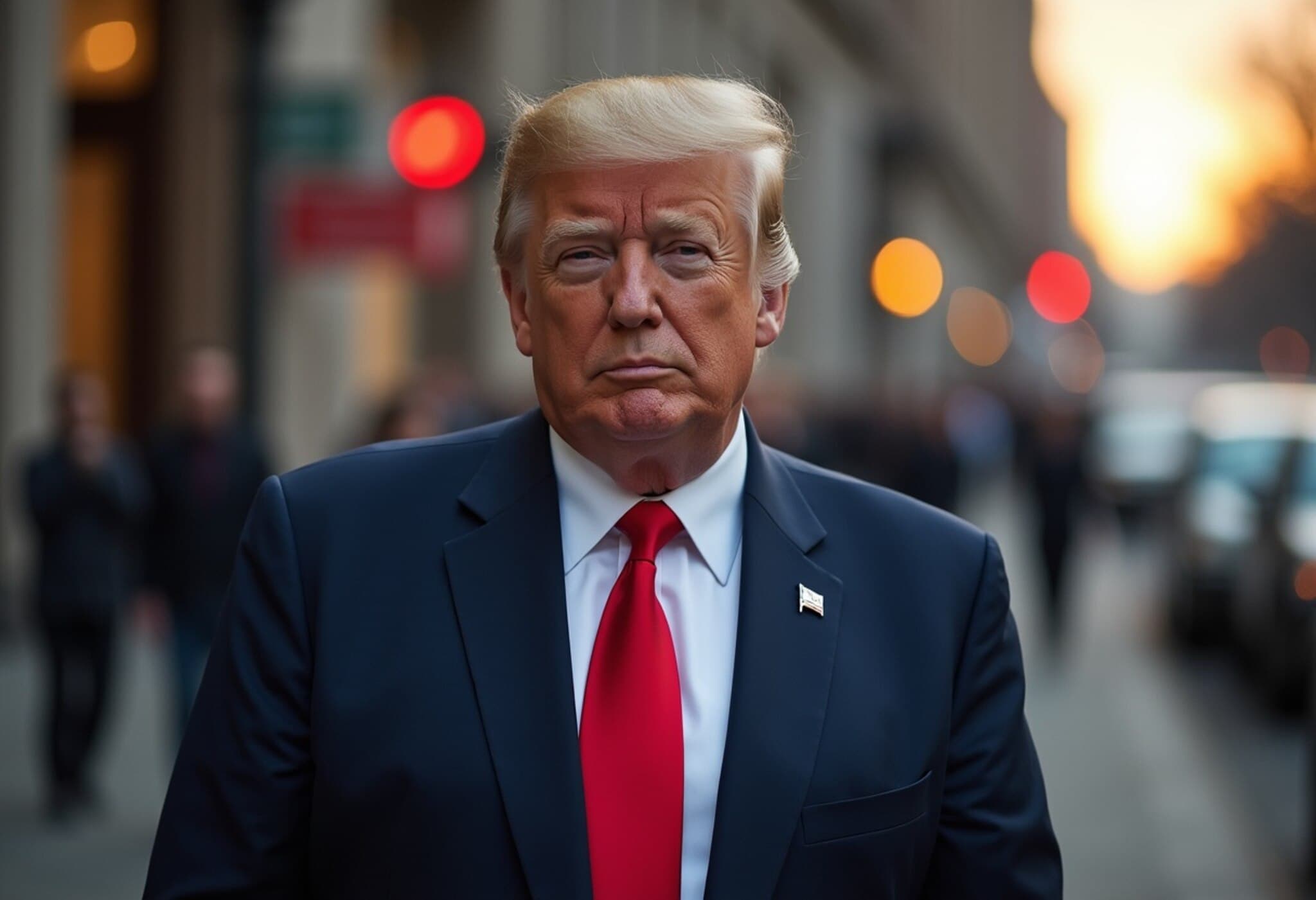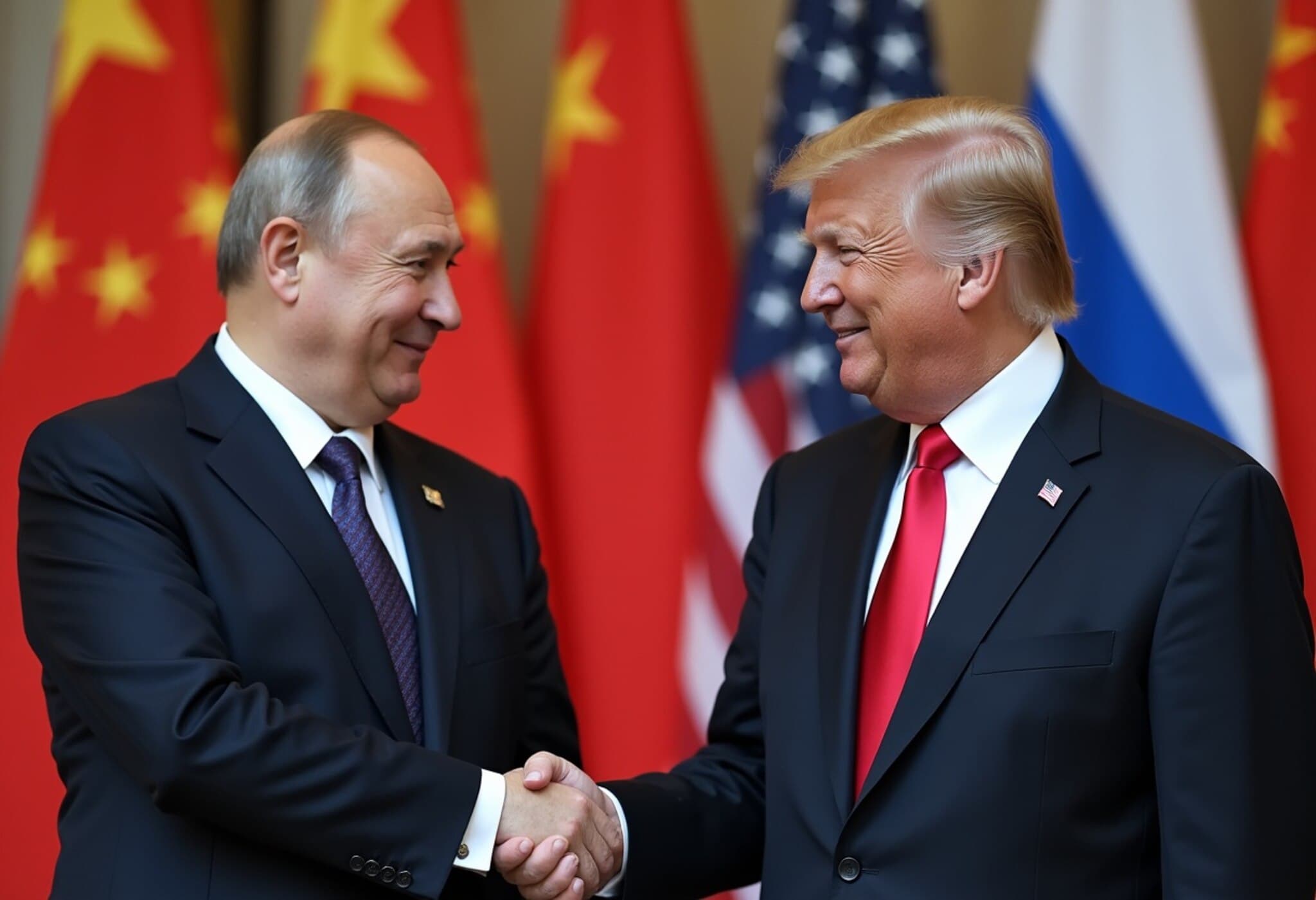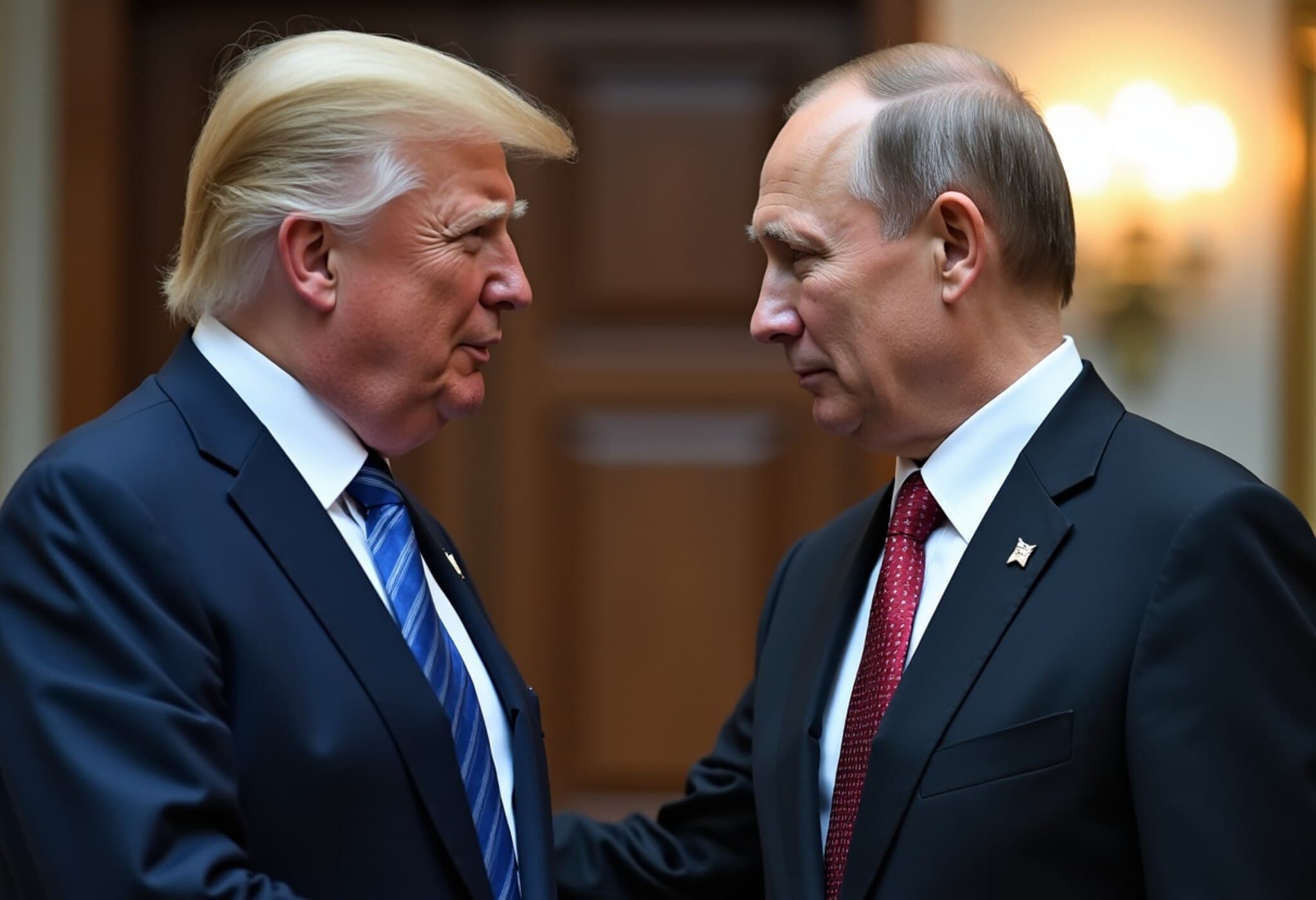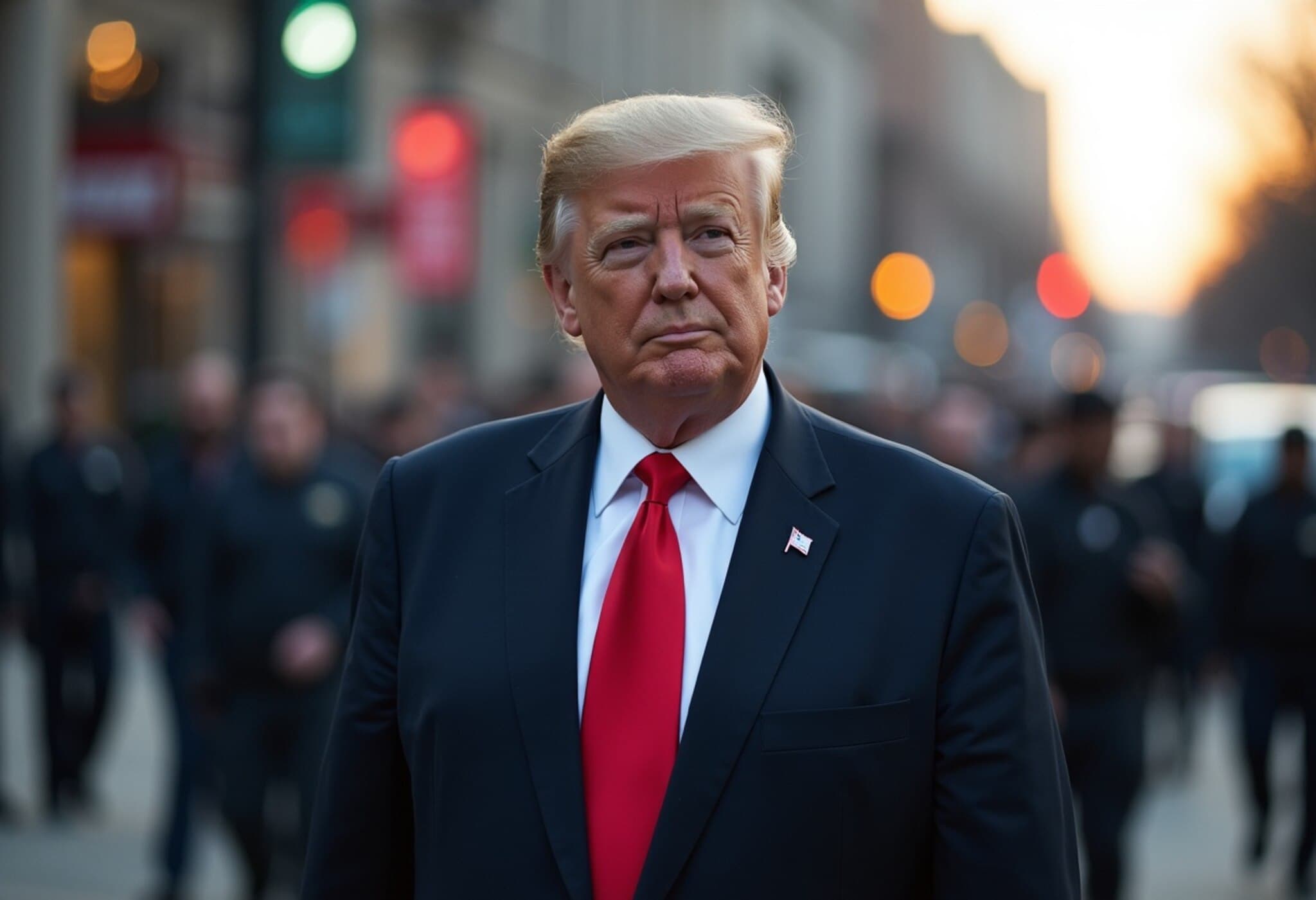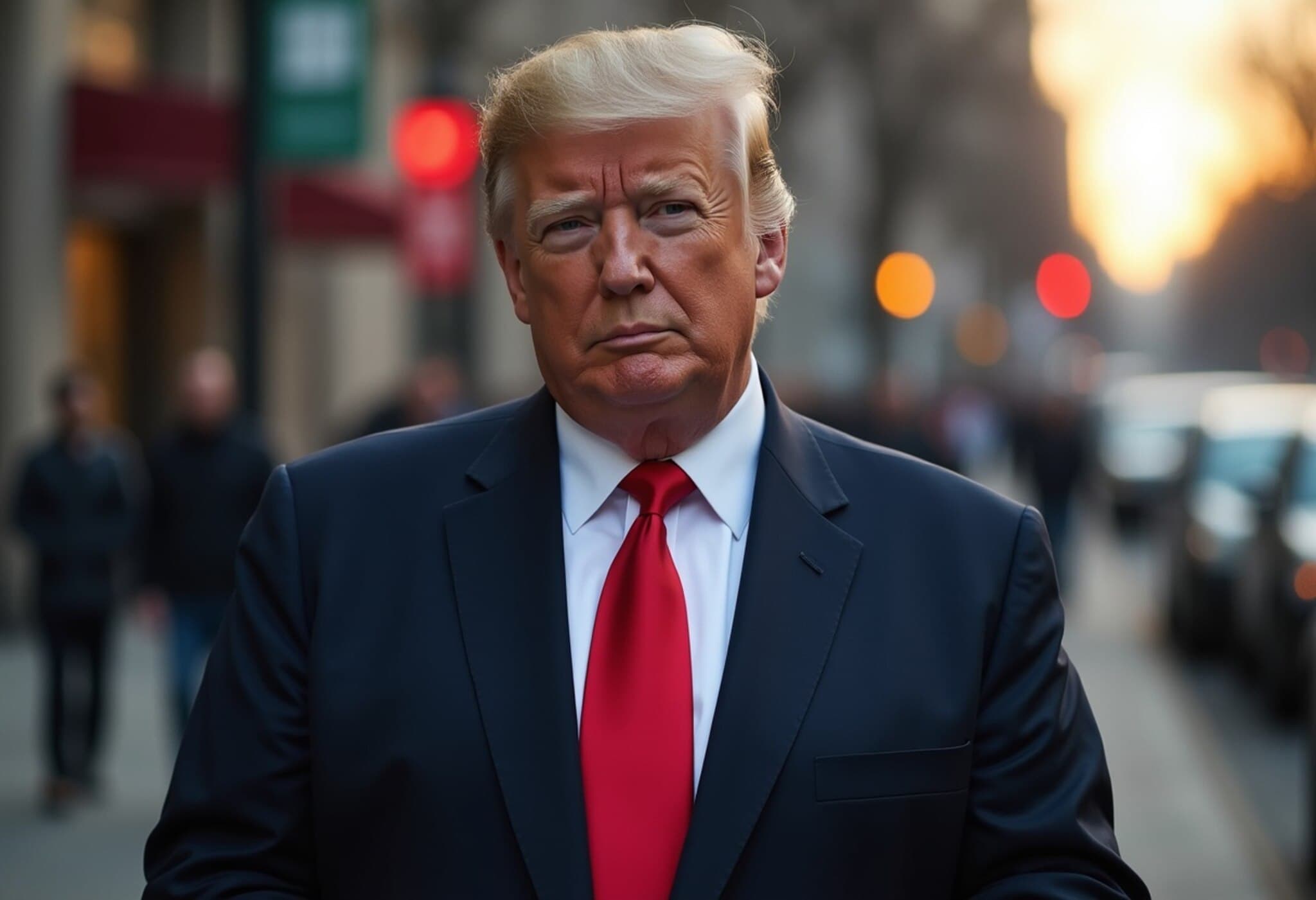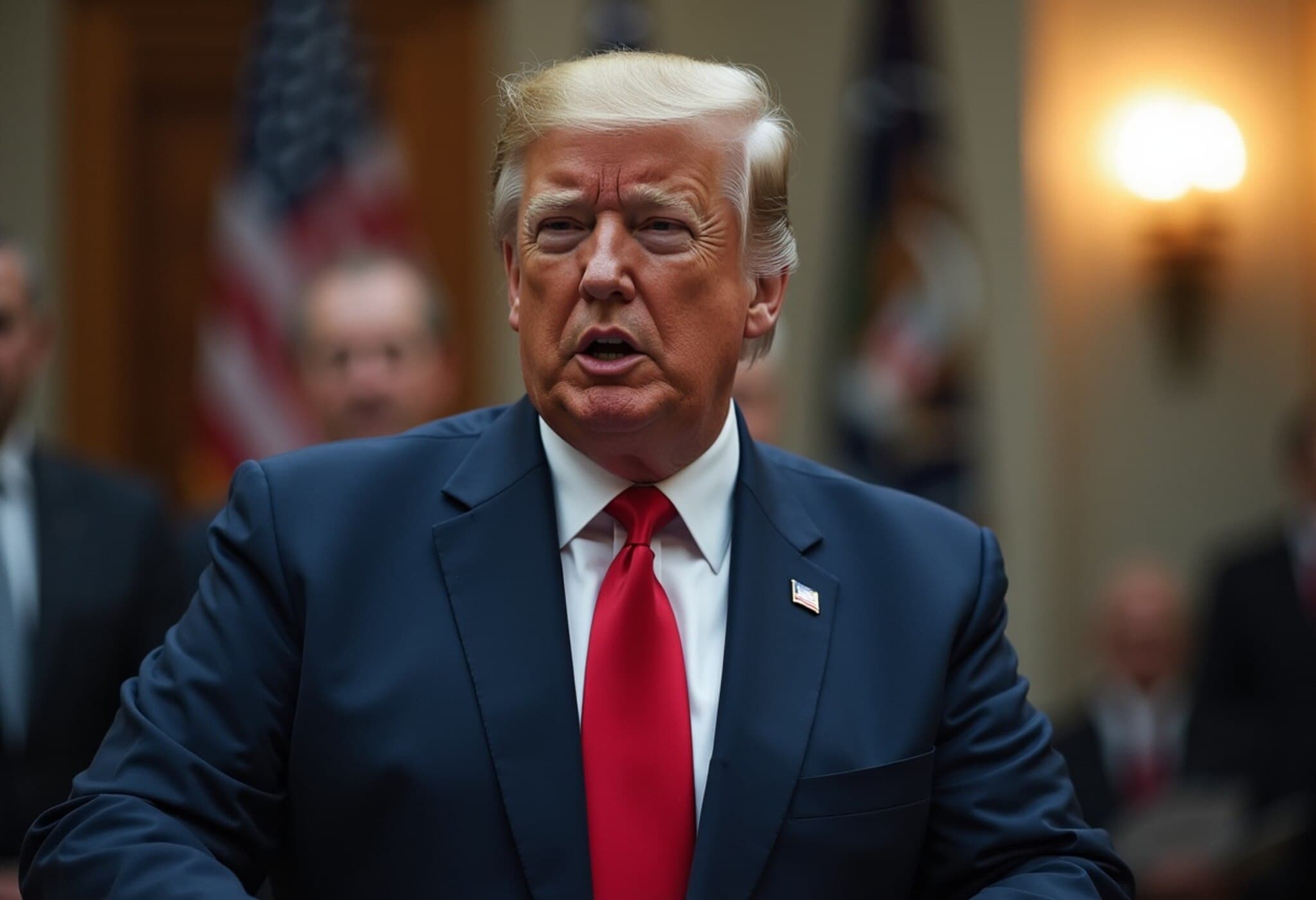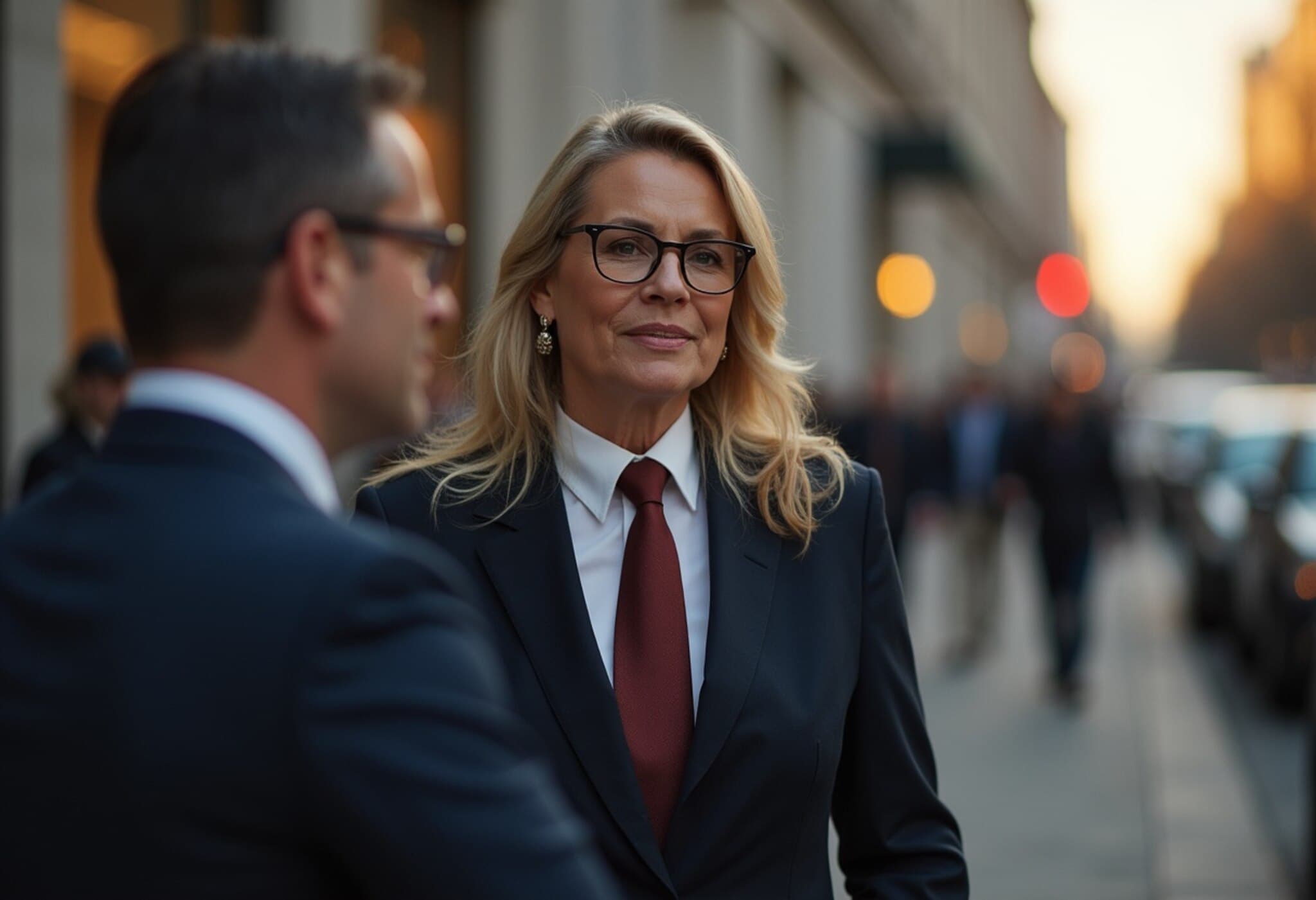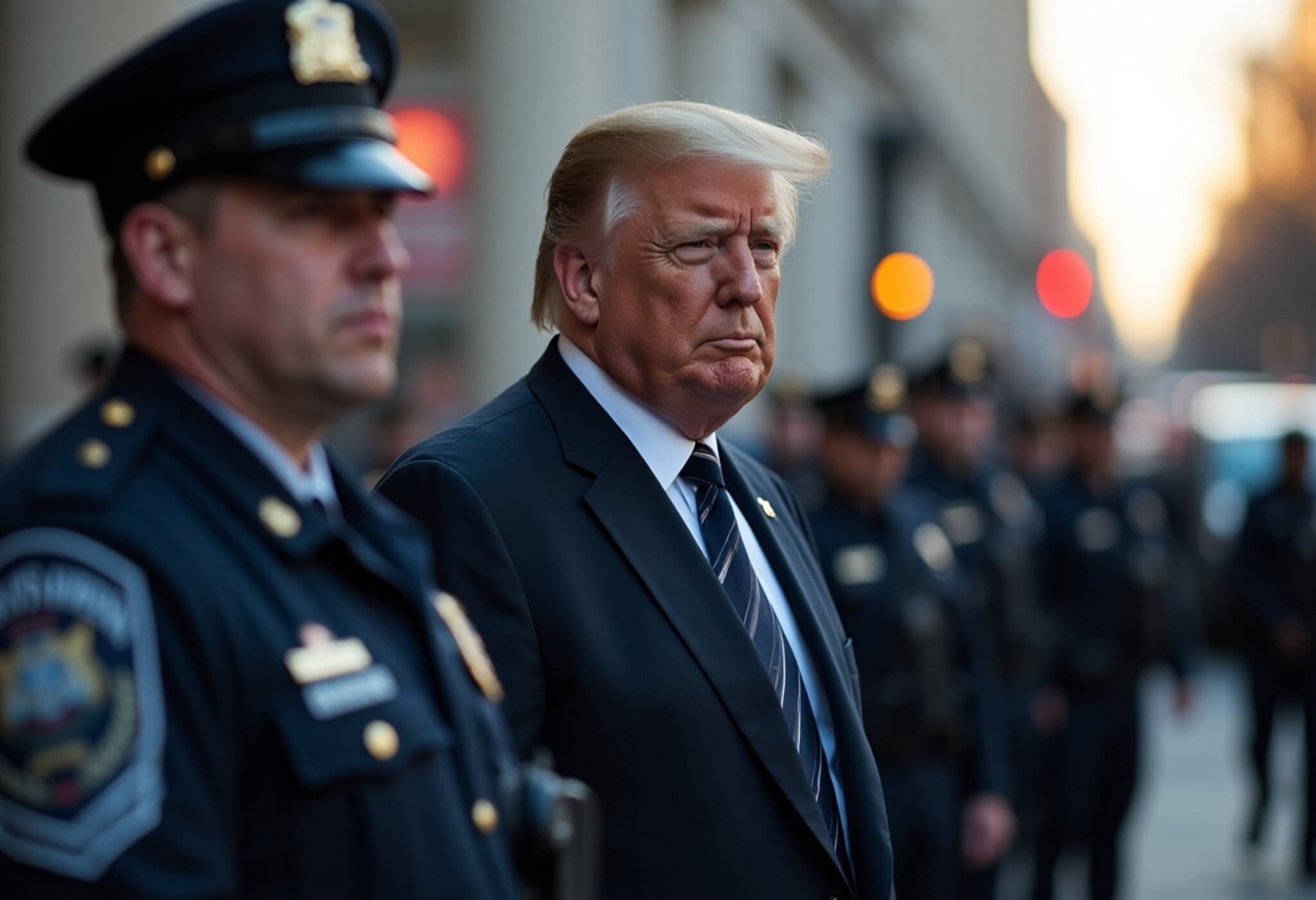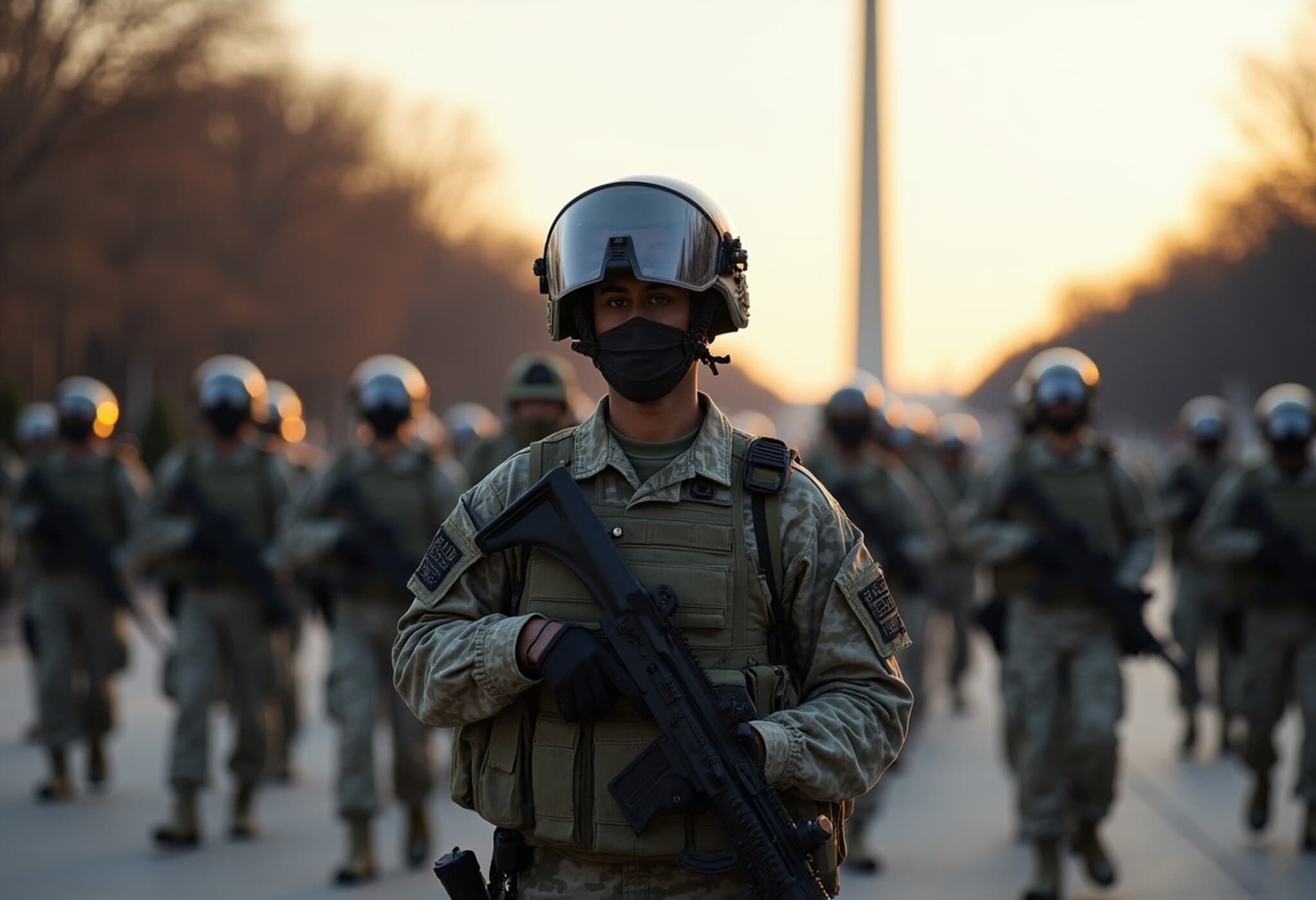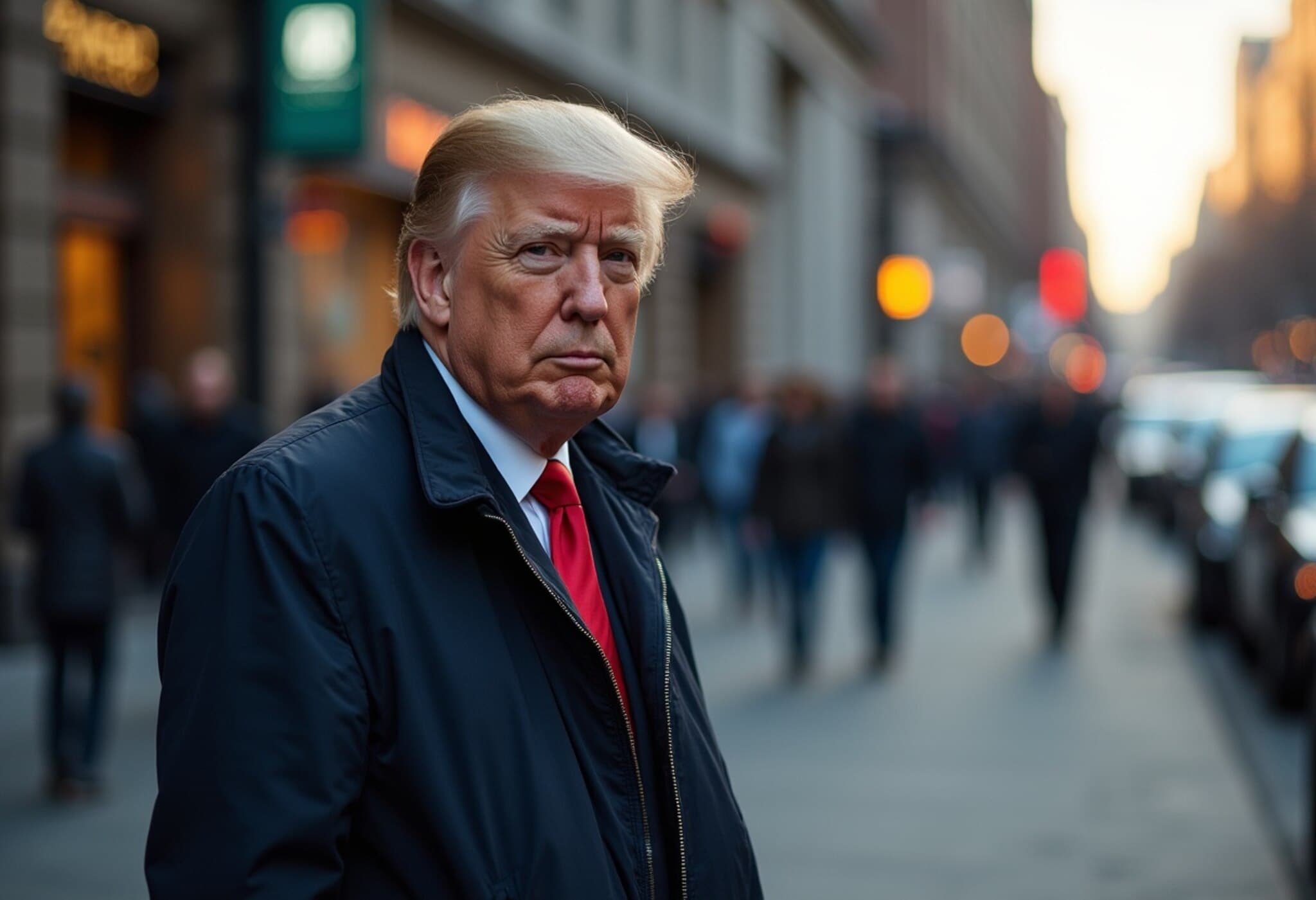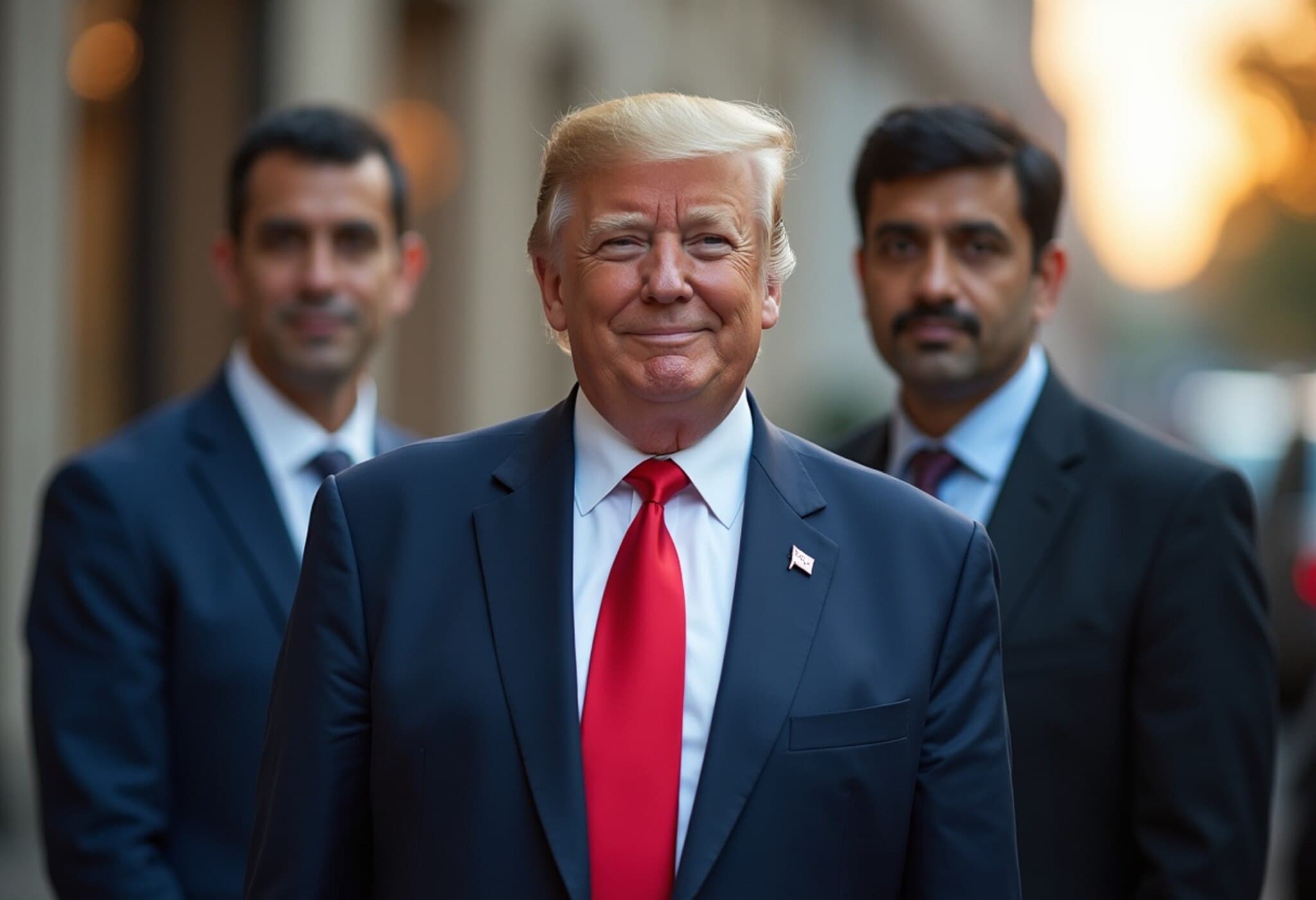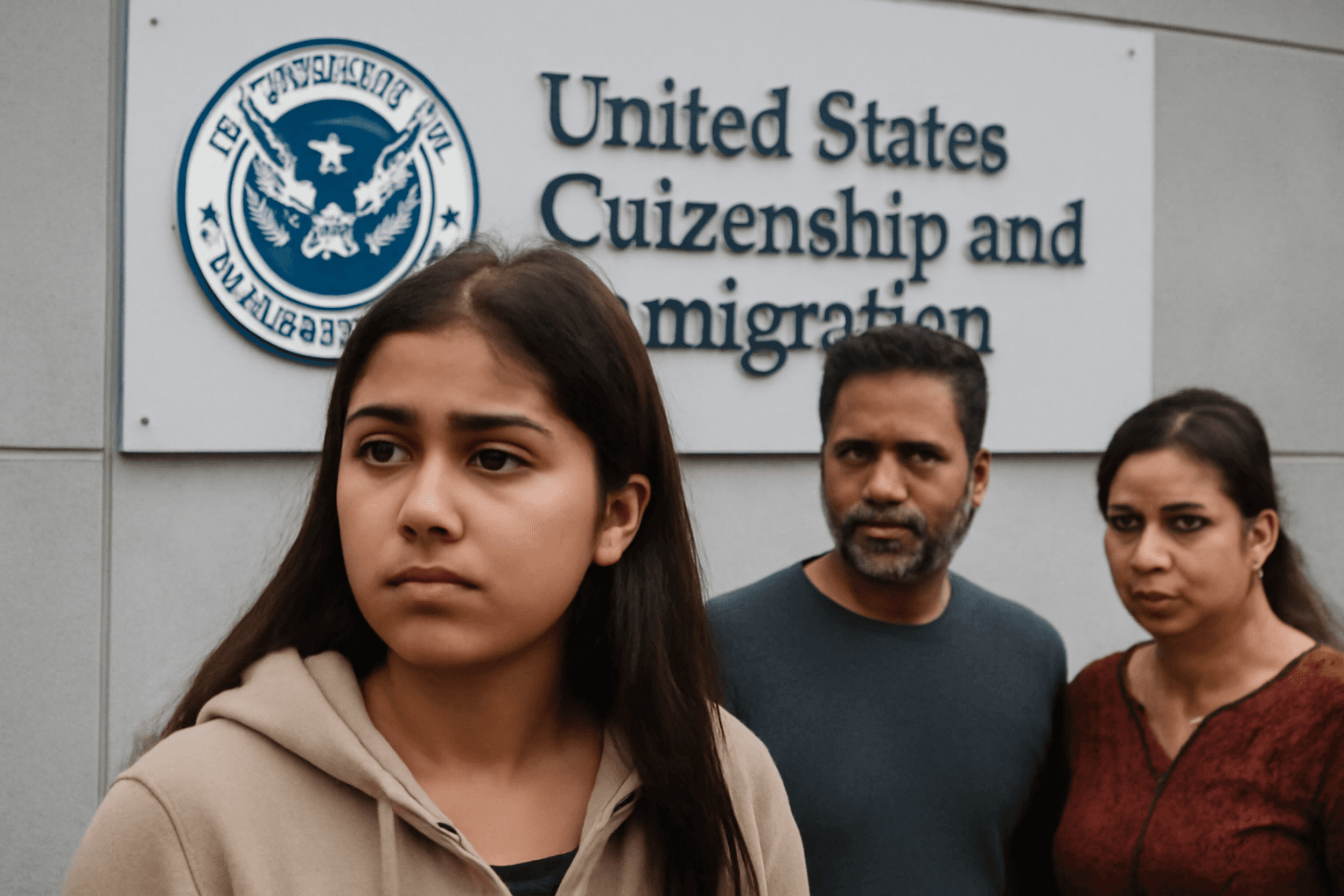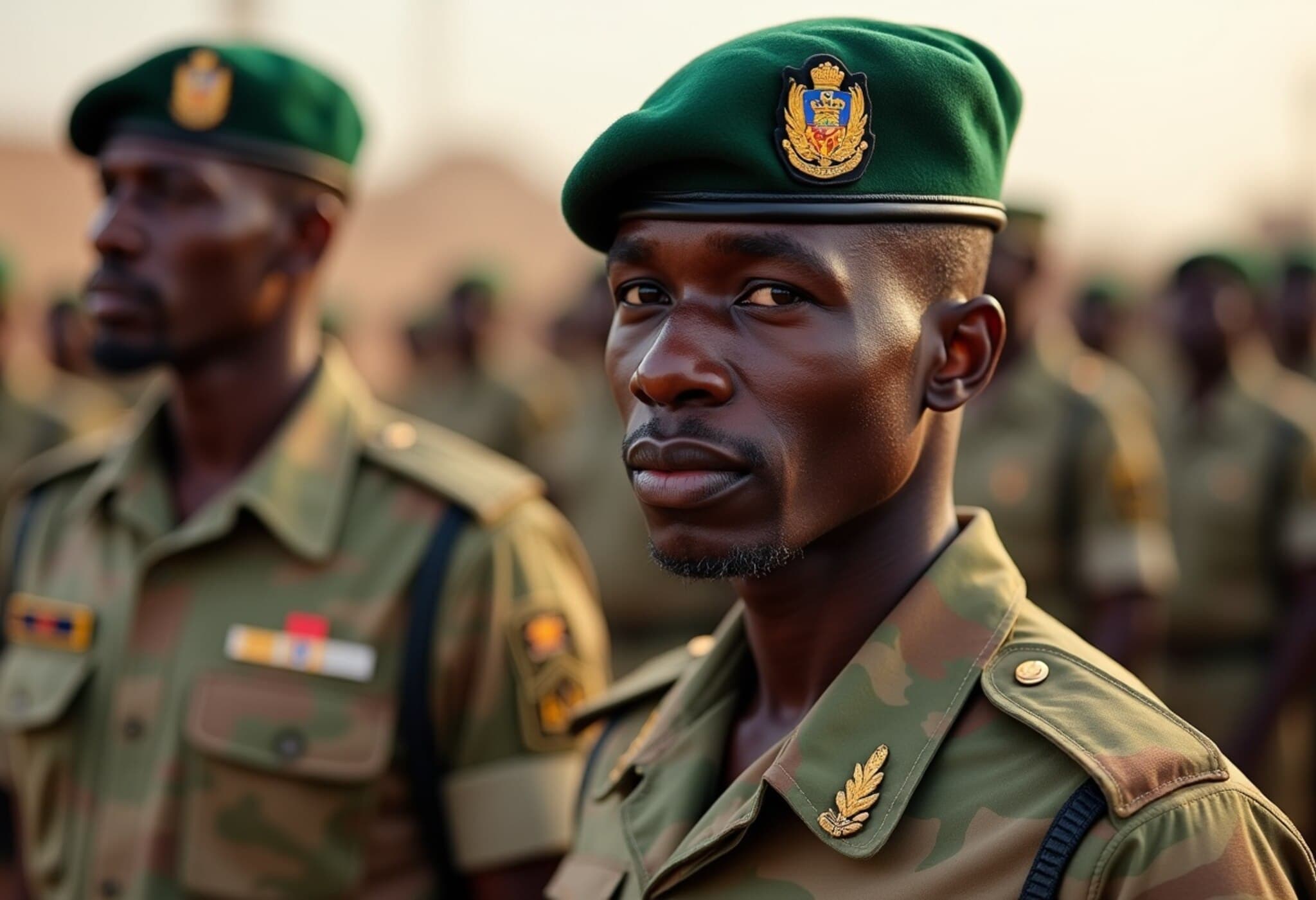The Quiet Power Brokers Behind US-South Asia Ties
In the intricate web of Washington’s political influence, two figures stand out as pivotal players shaping the delicate balance between the United States, India, and Pakistan. Jason Miller and Keith Schiller—dubbed the "Trump whisperers"—represent contrasting strategies of access and persuasion in a post-2024 election landscape where personal connections increasingly eclipse traditional diplomacy.
Inside the Trump Era of Lobbying
With Donald Trump's return to the White House, the nature of international lobbying has shifted from party politics to personal rapport, especially with those closest to Trump. Both India and Pakistan have invested heavily in this new reality, employing two of Trump’s most trusted operatives to advocate their interests in Washington.
Jason Miller: India’s Political Strategist
Jason Miller, a seasoned Republican operative, boasts deep roots in Trump’s election campaigns of 2016 and 2020, now extending into 2024. India’s $1.8 million contract with Miller’s firm, SHW Partners, reflects a strategic choice to wield political expertise and manage nuanced relations with Congress and key U.S. institutions.
Keith Schiller: Pakistan’s Trusted Insider
In stark contrast, Keith Schiller’s influence springs from deeply personal loyalty. As Trump’s longtime bodyguard and confidant, Schiller’s firm, Javelin Associates, serves Pakistan at a modest $50,000 monthly fee. His unparalleled access to the President seems to give Pakistan a unique advantage in Washington’s corridors of power.
Tariffs and The Dance of Diplomacy
The recent tariffs imposed by the U.S. paint a telling picture. India faces significant penalties—a sharp 50% tariff tied to its continued purchase of Russian oil—while Pakistan enjoys a more lenient 19% tariff rate. Moreover, Pakistan’s army chief, General Asim Munir, was notably invited to a White House luncheon, a diplomatic signal that raised eyebrows in New Delhi.
These divergent approaches underscore the unpredictable dynamics of Trump's decision-making, where personal trust may sometimes outweigh political maneuvering. While Schiller’s proximity to the President remains influential, experts caution that Trump’s ultimate choices are driven by what he perceives as America’s interests—not lobbyists’ agendas.
Personal Diplomacy Trumping Protocol
Trump’s distinct style favors private meetings, phone calls, and informal settings such as golf outings over formal negotiations. This has reshaped how foreign leaders engage with Washington.
- Japanese Prime Minister Shinzo Abe built rapport on the golf course.
- South Korea’s Yoon Suk Yeol adopted golf to get closer to Trump’s circle.
- However, Indian Prime Minister Narendra Modi notably declined a White House visit on the same day Pakistan’s commander was hosted, sending a complex message about their engagement strategy.
Modi’s preference for delegating tariff negotiations contrasts with Trump’s hands-on, ego-sensitive approach, potentially explaining some of the strains in India-U.S. ties under the current administration.
Lobbying in an Era of Uncertainty
Washington has become a fiercely competitive arena, with dozens of countries spending millions on lobbying to influence Trump's trade and foreign policies. Pakistan engaged seven firms, with Schiller’s team credited for mitigating harsher tariff penalties. Meanwhile, India’s substantial investment in Miller’s political expertise has yet to yield clear diplomatic or economic benefits.
Analysts note a stark reality: effective lobbying increasingly requires direct presidential engagement beyond traditional advocacy. As Mukesh Aghi, CEO of the US-India Strategic Partnership Forum, observes, "The old models of influencing no longer seem to work in a leadership environment driven by personal dynamics and ego."
Broader Implications for South Asia and Beyond
The stakes extend well beyond tariffs. The competition between Miller and Schiller signals a new phase in geopolitical maneuvering where personal trust and direct access shape the contours of U.S. foreign policy towards South Asia. This has profound implications for strategic partnerships, security cooperation, and the economic balance in the region.
Questions Raised
- How sustainable is a diplomacy model reliant on personal loyalty rather than institutional channels?
- Will other nations adapt by cultivating close personal ties, or push back towards multilateral engagement?
- What long-term impacts might this have on U.S. relations with some of its most important allies and partners?
Editor’s Note
This evolving story highlights the complex interplay between influence, access, and official policy in shaping U.S.-South Asia relations. While lobbying remains a staple of diplomatic engagement, the Trump era’s emphasis on personal connections has introduced unprecedented unpredictability. Observers should watch closely how these behind-the-scenes actors—figures like Jason Miller and Keith Schiller—continue to sway decisions that will impact regional stability and economic ties for years to come.

